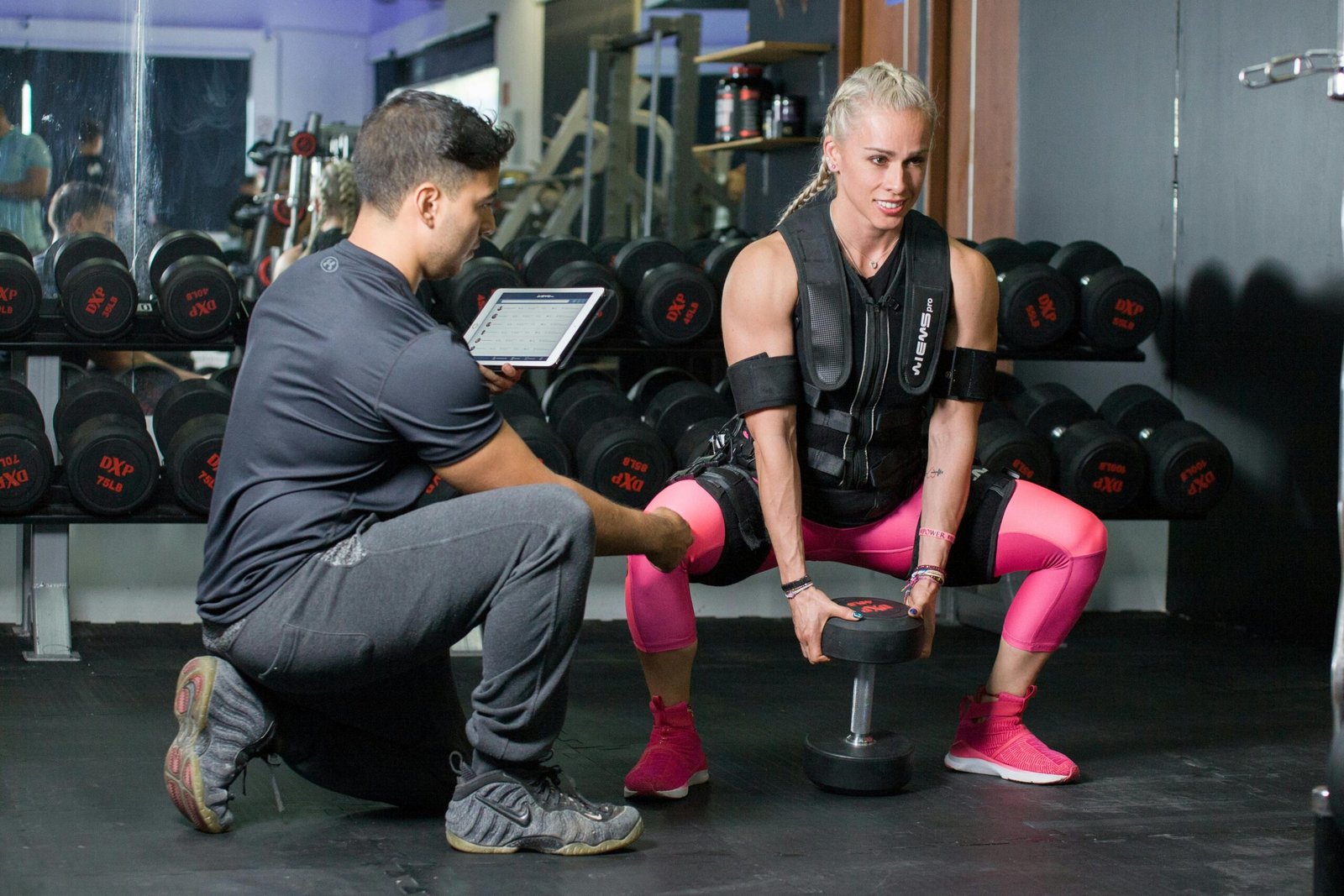Photo by Pixabay:
Father’s Day is a time to honor and celebrate the significant role fathers play in our lives. However, when grown-up children find themselves caught in the manipulative web of a narcissistic mother, it becomes crucial for them to assess their intentions and motivations to ensure they are not unwittingly acting as “flying monkeys.” In this article, we explore the concept of flying monkeys, their role in perpetuating the narcissistic mother’s agenda, and how grown-up children can break free from this dynamic to celebrate Father’s Day authentically.
Understanding the Role of the Flying Monkey:
A flying monkey is a term used to describe individuals who serve as the manipulative extension of a narcissistic mother. They carry out her bidding, enabling her manipulative behavior and furthering her agenda. Grown-up children may find themselves inadvertently taking on this role, driven by the desire to please their mother or avoid her wrath.
Assessing Intentions and Motivations:
On Father’s Day, it is crucial for grown-up children to assess their intentions and motivations when maintaining a relationship with their father. It’s essential to ensure that their desire to connect with their father stems from their own genuine feelings and not from pressure or manipulation exerted by their narcissistic mother.
Recognizing Manipulation:
Grown-up children must be vigilant in recognizing the signs of manipulation from their mother. This can include guilt-tripping, emotional blackmail, or attempts to control their relationships and actions. By understanding these tactics, grown-up children can separate their own desires from the influence of their mother and make choices based on what feels authentic and right to them.
Setting Boundaries:
Establishing healthy boundaries is crucial for grown-up children to break free from the role of the flying monkey. They should define clear limits with their mother and communicate their boundaries assertively but respectfully. By setting boundaries, grown-up children can assert their independence and protect their emotional well-being while maintaining a genuine connection with their father.
Cultivating Authentic Connections:
To celebrate Father’s Day authentically, grown-up children should focus on nurturing genuine connections with their father. They should seek opportunities for open and honest communication, free from the influence and manipulation of their mother. By fostering an authentic relationship, they can create meaningful experiences and memories on Father’s Day.
Seeking Support:
Navigating the complexities of a manipulative parent can be challenging, and grown-up children should not hesitate to seek support. Trusted friends, family members, or professional therapists can offer guidance, validation, and a safe space to process their emotions and experiences. Supportive individuals can help them maintain perspective, make informed decisions, and break free from the cycle of manipulation.
As Father’s Day approaches, it’s crucial for grown-up children to assess their intentions and motivations to ensure they are not unwittingly acting as flying monkeys on behalf of their manipulative mother. By recognizing manipulation, setting boundaries, cultivating authentic connections, and seeking support, they can celebrate Father’s Day in a way that aligns with their own genuine feelings and desires. Breaking free from the role of the flying monkey empowers grown-up children to forge meaningful relationships with their fathers, based on love, respect, and authenticity.
Empowering Grown-Up Children: Overcoming Fear to Embrace Father’s Day
-
Validate their feelings:
Recognize and validate the fears and anxieties your grown-up children have regarding spending time with their father on Father’s Day. Let them know that their emotions are understood and respected. Validating their feelings allows them to feel heard and acknowledged, fostering a sense of safety and trust in your communication.
-
Encourage open dialogue:
Create an open and non-judgmental space for your grown-up children to express their concerns and anxieties. Encourage them to share their experiences and fears surrounding their father and the influence of their narcissistic mother. Listening empathetically and without judgment helps them process their emotions and fosters a sense of support and understanding.
-
Offer reassurance:
Assure your grown-up children that their fears are valid, but also emphasize that they have the power to overcome them. Reassure them that you will support and stand by them as they navigate their relationship with their father. Let them know that they are not alone in this journey and that their well-being is a priority.
-
Suggest a gradual approach:
If your grown-up children are hesitant to spend an entire Father’s Day with their father, suggest a gradual approach. Encourage them to start with shorter, low-pressure visits or activities. By easing into the process, they can gradually build trust and reestablish a connection with their father at a pace that feels comfortable to them.
-
Facilitate therapy or mediation:
Consider suggesting therapy or mediation for your grown-up children and their father to address the underlying issues and rebuild trust. A trained professional can provide a safe and neutral environment for open communication, allowing for the exploration of emotions, concerns, and misunderstandings. Therapy or mediation can facilitate healing and help in overcoming fear and resentment.
-
Focus on shared interests:
Encourage your grown-up children and their father to engage in activities or conversations centered around shared interests. Finding common ground can help create positive experiences and strengthen their bond. By focusing on shared hobbies, experiences, or topics of interest, they can begin to rebuild their relationship on a foundation of common ground and shared enjoyment.
Overcoming fear and embracing Father’s Day when grown-up children have been manipulated by a narcissistic mother requires understanding, patience, and open communication. By validating their feelings, encouraging dialogue, offering reassurance, suggesting a gradual approach, facilitating therapy or mediation, and focusing on shared interests, you can empower your grown-up children to overcome their fears and build healthier relationships with their father. Remember, supporting them through this process is crucial as they navigate their emotions and find their own path towards healing and reconciliation.













